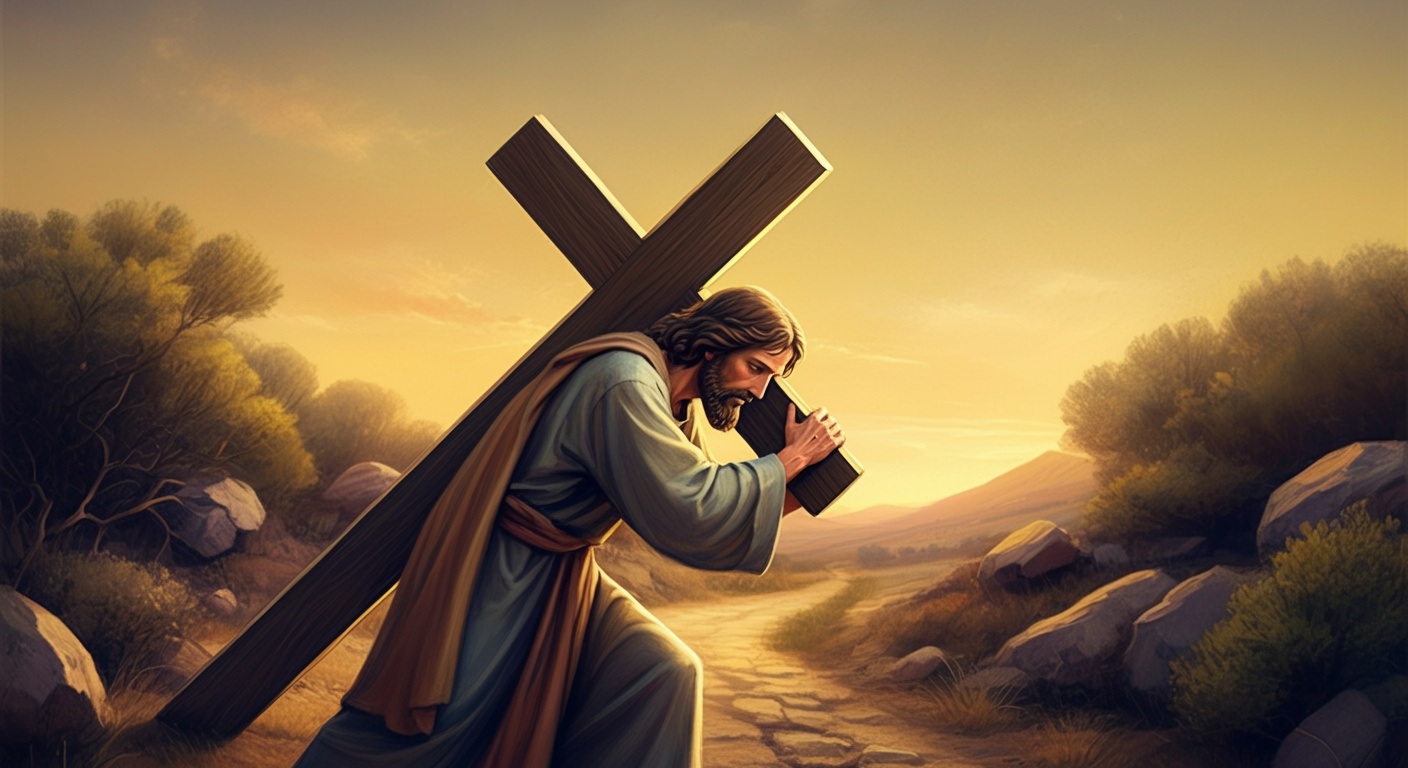Christ the King: A Leadership of Love, Service, and Sacrifice
Thirty-Fourth Sunday Solemnity of Christ the King – November 23, 2025
It’s good to reflect on what is a King. At the time of Jesus, a King was like God for the people: he had power over life and death for all the people. With such power, of course, comes abuses due to the lack of accountability. Today, our Kings are more benevolent and more of a figurehead, and most do not control their countries although, in some countries in Africa, the traditional King still has a lot of influence. The equivalent kings of today are the Presidents and Prime Ministers and, unfortunately, some have become dictators like King Herod of old.
So, the question is: why was Jesus such a threat to the Kings (leaders) 2000 years ago?
I mean, he had no army and no physical weapons!
Because the Kingship of Jesus Christ completely changed the understanding of leadership and kingship. People usually lived in fear of their King, who exercised power through force and threats, whereas Jesus acted with love and service to win the cooperation of the people.
This comes out powerfully in today’s Gospel where, despite the suffering and pain he is experiencing, Jesus forgives the sinner: this is total self-giving. “Indeed, I promise you,’ he replied ‘today you will be with me in paradise.’”
The second image that clearly distinguishes Jesus Christ as a new type of leader is revealed in the Second Reading: “Because that is what he has done: he has taken us out of the power of darkness and created a place for us in the kingdom of the Son that he loves, and in him, we gain our freedom, the forgiveness of our sins.”
This is a King who gives life, peace and joy instead of death, fear and sadness; a King who suffers for us, rather than demanding others suffer for him; a King who serves and heals the people instead of ignoring and demanding service to himself.
Does this mean that Christ our King is a pushover who will always forgive us? Yes and No! In the Gospels Jesus is often demanding (cleansing the Temple, the barren fig tree, etc.): it’s like raising children: there are times to be gentle and times to be tough: even punishment, done well, is a form of love and teaching.
The rules and moral teachings of the Church are mechanisms by which all the people can live in peace and prosperity; thereby reducing abuses of power and promoting life to the fullest.
For that reason, our rules/ laws have consequences of varying seriousness. There was a King, from the past, who saw that his country was suffering due to people’s behaviour. He issued an instruction that everyone who broke the rules would be punished by public flogging/ beatings.
After some time, this started to have a positive effect on the whole society. At one point, however, it was reported to him that his mother had broken on the laws. They asked if she would be excused from the punishment? This disturbed the King very much, because he loved his mother, and knew she would not survive a public beating.
However, the King said, despite my love and pain, for the good of the country and the integrity of the Kingship, the punishment must go ahead. The day arrived and, when the public punishment officer was about to start the beating, the King stepped forward and asked him to wait a moment: the King then stripped off his royal robes and embraced his mother as she was tied to the post. He then instructed the officer to begin. The teaching here is twofold:
1) for community order and life to progress, there must be consequences for wrong actions;
2) for the painful consequences caused by our actions, Christ chooses to share our suffering.
This is reflected in family life, when parents often bear the financial cost, emotional pain or community humiliation caused by the actions of their children.
Our First Reading brings us to the critical issue for today’s Feast: the people looked for King David and asked him to be their King: a man who had a demonstrated track-record to protect, and build a prosperous nation that allowed people to enjoy life more fully.
Today we are challenged: do we consciously ask Christ to be our King? Do we live in such a way as to be faithful to Christ as He is faithful to us? Or are we “little kings” living in competition to Christ? Do we fear the Truth or a changing of our status quo? A small example: in the remote town of Laverton, my friend was usually self-employed and very motivated. During a tough time, he took a job with the local Council grading the gravel roads.
At the end of each day, he refuelled the machine and fixed any problems, so he could start work quickly the next day: the other workers became angry because he made them look bad to their supervisor. So, they gave him a difficult time. He was living the truth and showing love for the community by not wanting to waste Government money and resources: Christ in action.
What about us? Is Christ our real King or have we made ourselves into little kings?
By Gerard Conlan, OMI


